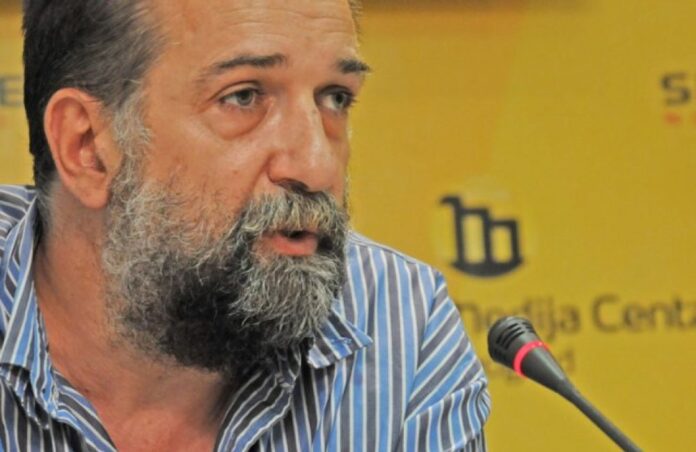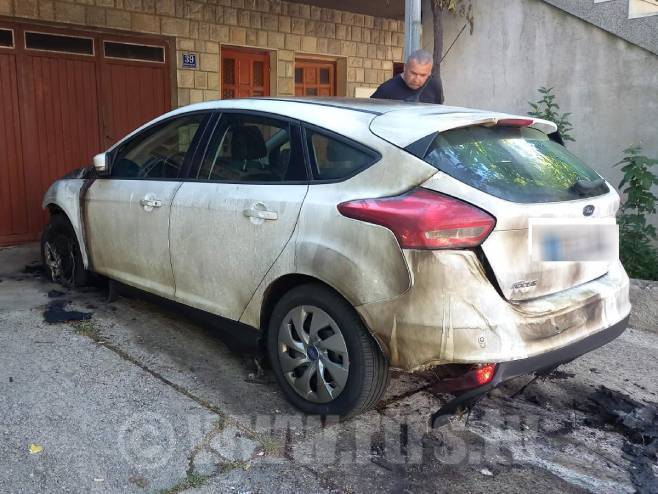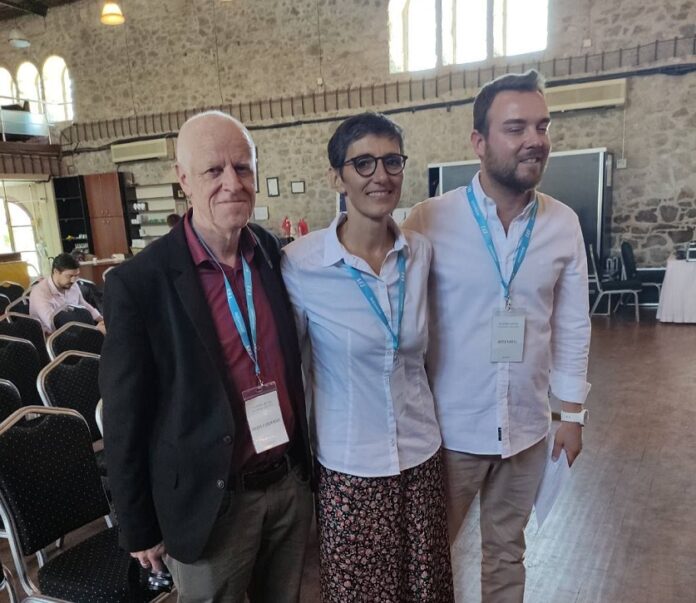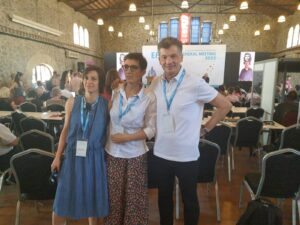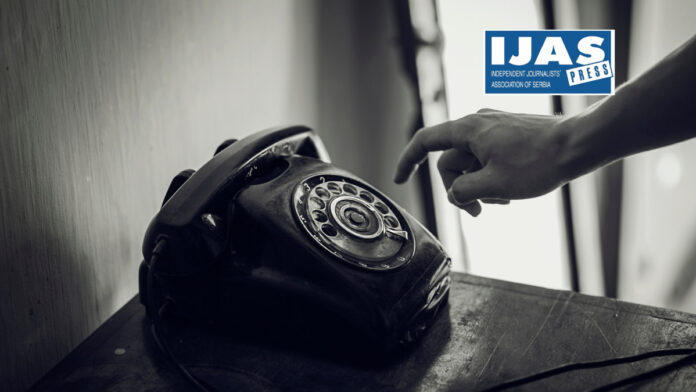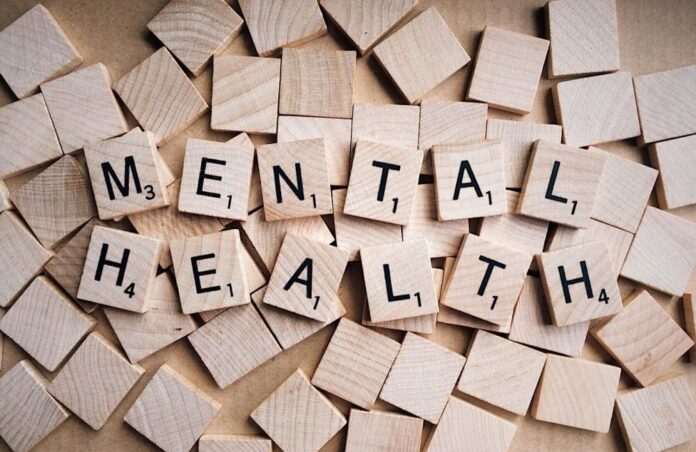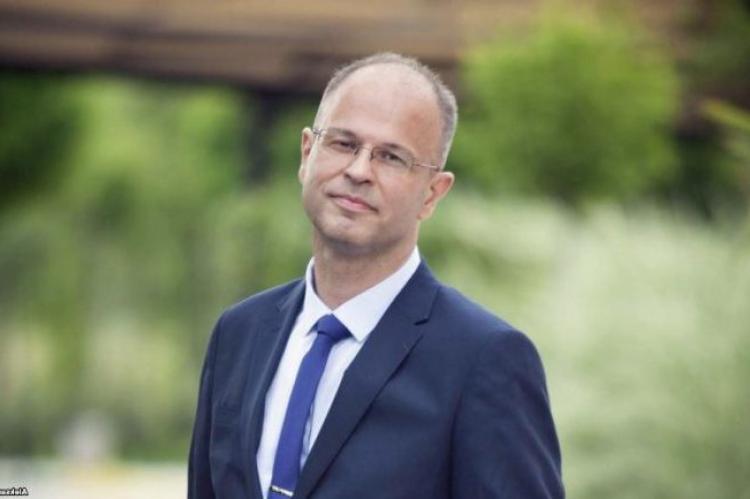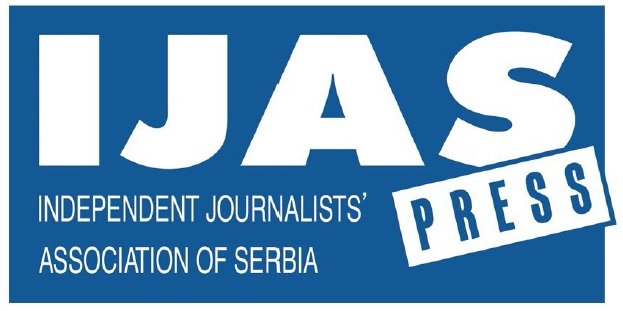Journalist and editor in the daily newspaper Danas and former president of IJAS Vukasin Obradovic has been the target of attacks by pro-government tabloids and high-ranking officials of the Serbian Progressive Party (SNS) in recent days because of the article “Trump Junior, Hunter Biden and Danilo Vucic”, published by Danas.
In the text, Obradović explains to the readers that the jobs that the closest members of the families of high positions are engaged in are of public interest, by giving examples of media reporting on the sons of Margaret Thatcher, Donald Trump and Joseph Biden. It is also a legitimate right of the domestic media to report on who the older son of the President of Serbia, Aleksandar Vucic, is hanging out with and taking photos of, and not to be discriminated against because of that.
The mention of the president’s son was used by pro-government tabloids and some SNS officials, such as Darko Glisic, to accuse Obradovic of attacking President Vucic’s children and telling “the most heinous lies”, and that the text was funded by Socialist Party of Serbia official Novica Tonceva.
“Writing of the tabloids and statements of certain SNS officials regarding my text are actually an attempt to intimidate journalists who dare only to mention Danilo Vucic. Such behavior is a classic example of pressure on the media with the basic message of what will happen to you if you deal with this topic”, said Vukasin Obradovic regarding the latest attacks, and proof of that is the switching off of the microphone of the N1 journalist at President Vucic’s press conference when she mentioned Danilo Vucic while asking question.
The Independent Journalists’ Association of Serbia (IJAS) strongly condemns spinning and drawing the target of Vukasin Obradovic and reminds Aleksandar Vucic and other SNS officials that they must not refuse to speak for critical media, and that those officials are employed by all Serbian citizens and are responsible to all of them.
According to the Code of Journalists of Serbia, the right to privacy of public figures is narrowed, and if it is in the public interest to know data from the private life of public figures, the media have the right to publish it. In this case, the son of the president of the state was seen and photographed several times with people from the criminal milieu. Likewise, the publication of this information must not be a reason for discrimination against the media, and especially for attacks on journalists who report on it.
Independent Journalists’ Association of Serbia
June 17, 2022


